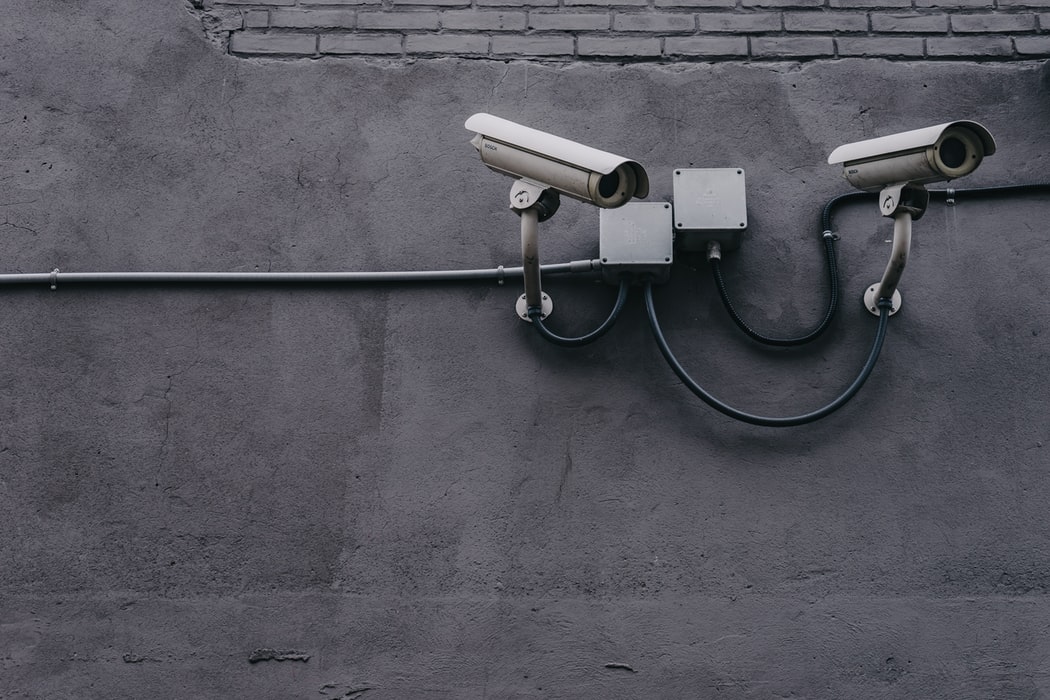Who wouldn’t want their data to be secure? Data security plays an important role for individuals and for organizations ranging from startups to multi-billion-dollar companies. But when it comes to security in data centers and on networks, things get a little complicated. And that’s where a data security analyst comes in.
In this post, you’ll find out what a data security analyst does and why your organization might need one. You’ll learn about these topics:
- Who needs a data security analyst?
- What does a data security analyst do?
- How could you become a data security analyst?
Who Needs a Data Security Analyst?
You’re using the internet to read this post. And you no doubt use it for other tasks, such as banking and social media. All these tasks include data—and, in most cases, sensitive data. What if someone made your bank account details public? Or you notified authorities about a stalker, and that person found out? Terrible, right?
You expect your activity to be private and your data to be secure. But some people try to ruin this, for various reasons. Some hackers try to hack the system or network to steal information, which may include your sensitive information. Between your data security and these hackers stands the data security analyst, along with other people trying to secure your data. Data security analysts make sure that the data in systems or networks stays out of the hands of unauthorized personnel.
Let’s examine the roles and responsibilities of a data security analyst in detail.
What Does a Data Security Analyst Do?
A data security analyst’s role varies from one organization to another, but here are the most common tasks.
- Install and monitor security software.
- Set up security standards.
- Study the current security setup and suggest necessary changes.
- Audit the current security setup.
- Investigate security-related incidents.
- Report breaches.
Let’s go through each of these one by one so you’ll have a better idea of what each task involves.
Installing and Monitoring Security Software
Prevention is better than cure! That goes for data security as well. The first thing a data security analyst does is install security software on computers and network components to protect the system or network from security breaches. This software may include antivirus, anti-malware, firewalls, and intrusion detection systems (IDS).
Once the analyst has installed the software, he or she monitors the network or system for breaches. Using intrusion detection systems helps the analyst continue monitoring for malicious behavior.

Setting Up Security Standards
This is one of the most important tasks because it makes the organization’s security stronger. These standards relate to digital communication and to how employees use the system or the network.
Many breaches happen because of human error or ignorance. For example, an employee may forward an email to an outsider without realizing that the email contains sensitive information. Or an employee may use the password “123456.” There have also been cases where an authorized person has gotten a hold of confidential data because the employee stored it on public storage without any security.
Data security analysts educate employees on security practices to make it harder for an unauthorized person to access confidential data. Effective data compliance is essential so that customers or others that you collaborate with continue to trust you and your organization.
Studying the Current Security Setup and Suggesting Changes
Every day, hackers come up with new ways to breach the system or network. A data security analyst must be aware of techniques that hackers use to breach security.
Then the analyst will check if the security can withstand those techniques, and he or she will fix any weaknesses. The analyst will also see if it’s possible to improve security by upgrading the current setup to make a breach more difficult. For example, as a data security analyst, you may find a vulnerability in the system that hackers can use to inject malicious code into the system. In that case, you’ll have to upgrade the security—either by making the firewall stronger or by sanitizing input.
Today data security analysts must worry about mobile data security as well, and that’s an area that often needs upgrading.
Security Auditing
A data security analyst evaluates the security setup to confirm whether it’s up to the expected standards. This includes interviewing the staff, monitoring whether the staff uses secure practices, and running vulnerability scans against the systems and the network. Data security management is an increasingly important issue for businesses and other organizations.
A data security analyst also audits access controls within the organization and prevents physical access to the system or network from an unauthorized person.

Investigating Incidents
Even with all these security measures, there may still be a breach. When this happens, a data security analyst has to investigate this incident. The analyst determines what data was stolen or destroyed and how it happened so that it can be prevented the next time.
Reporting Breaches
After the breach and any necessary corrective action, the data security analyst must report the breach. The report can be helpful for a few reasons:
- The organization can use it as a case study to prevent similar problems.
- The team or manager can submit the report to upper management to make them aware of the incident.
- The report can help police or other officials track down the breachers.
Congratulations! Now you have a good idea of what someone in this role does. Could this be the right career for you?
How Could You Become a Data Security Analyst?
If the job of a data security analyst interests you, then let’s explore how you can become one.
Educational Qualifications
First comes educational qualifications. If you want to become a data security analyst, the hiring organization will expect you to at least have a bachelor’s degree in computer science or a similar field. However, although most organizations will expect you to have this degree, you may not need it if you have exceptional skills. For instance, perhaps you’ve got extensive theoretical and practical knowledge about network security that you’ve used to set up your home network, or maybe you’ve been a successful bug bounty hunter. In such cases, your work shows that you have enough skills, so having a bachelor’s degree in an unrelated field or not having a bachelor’s degree at all wouldn’t matter.
Skills
Of course, a data security analyst should know about computers—specifically, about operating systems and operating system security (firewalls, protocols, and so on). An analyst deals with a lot of network configurations, so it’s essential to know about networks, network protocols, and network security. Understanding computer architecture, antivirus measures, and IDS is also important.
You’ll also be doing a lot of programming, so you’ll need solid programming skills along with at least a basic knowledge of Windows and Linux commands.
Knowing about security weaknesses and types of attacks will help you set up a secure system or network. So make sure you are aware of the most common weaknesses and how to fix them.
How can you acquire these basic skills? Certifications are a great start.
Certifications
What are some of the most common certifications in this field?
- CEH (certified ethical hacking)
- ECSA (EC-Council certified security analyst)
- CISSP (certified information systems security professional)
You can learn more about these and other certifications here.
Good luck in your search to find—or become—an effective data security analyst!
This post was written by Omkar Hiremath. Omkar uses his BA in computer science to share theoretical and demo-based learning on various areas of technology, like ethical hacking, Python, blockchain, and Hadoop.


